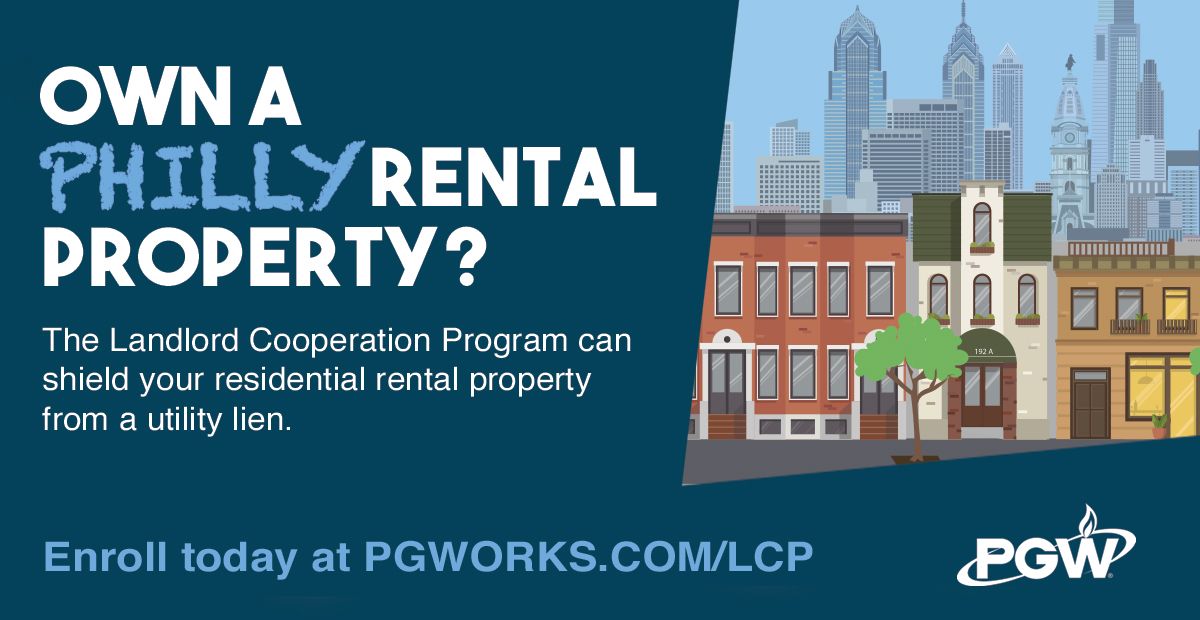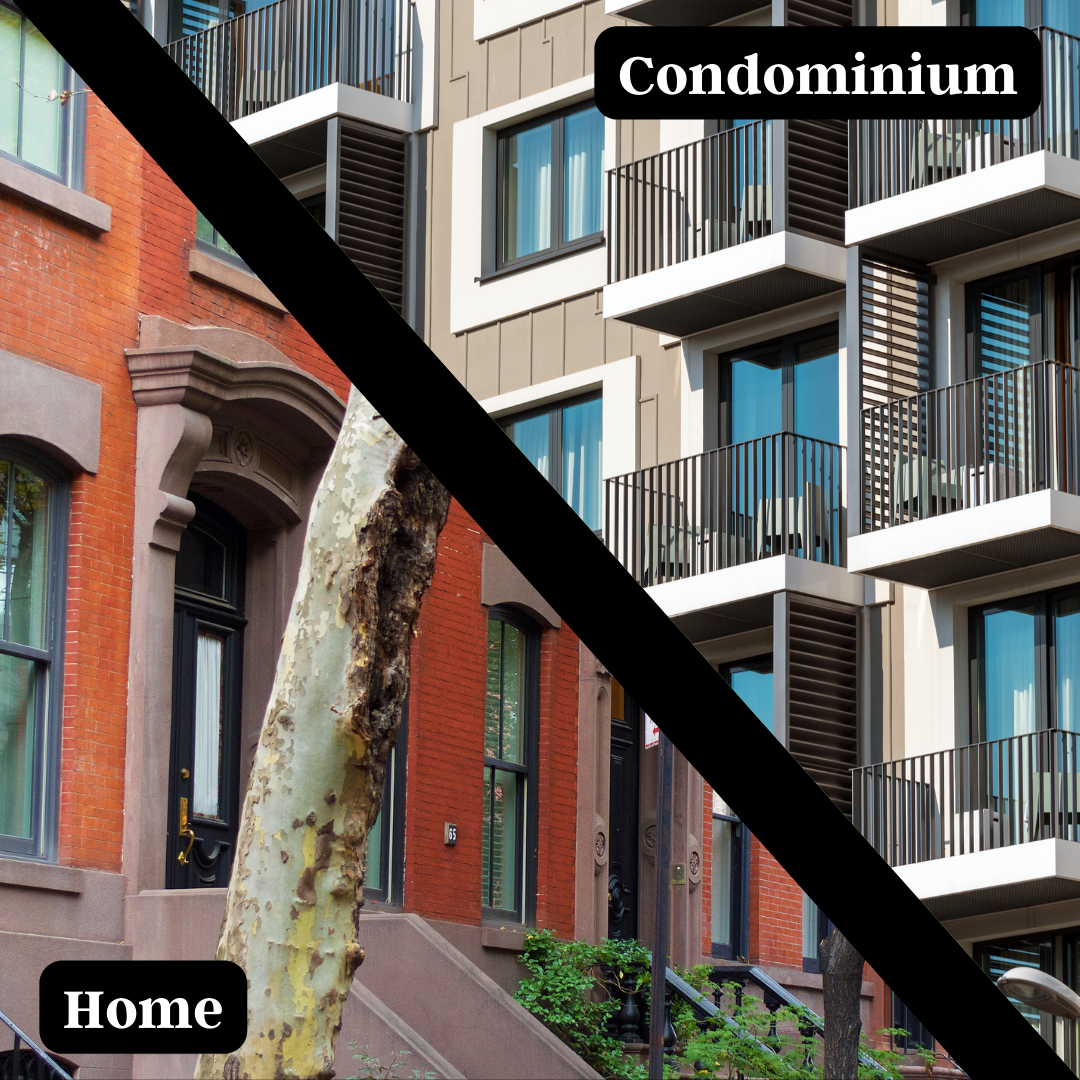PHA Section 8 Process
PHA's Section 8 Process from Start to Finish
In this article we will outline the whole section 8 process from start to finish including some pros and cons towards the end! We have dealt a lot with PHA and we definitely know all the ins and outs so feel free to contact your friends at ANCHOR in case you have more questions or need some help even after reading this article!
The Process
What makes a property eligible for section 8? The answer is any property is eligible for section 8 as long as it passes PHA's qualifications which will be outlined below. You can either advertise your property as one that only accepts section 8, one that accepts either (section 8 or non section 8), or one that doesn't accept section 8.
If your property does in fact accept section 8 than you need someone with a section 8 voucher to be interested in your property. The important contingency with the voucher is that it specifies the amount of bedrooms the voucher is good for and the dates the voucher is eligible for. If the voucher is for more bedrooms than the property has in it (such as a 3 bedroom voucher for a 2 bedroom house) than the voucher might still be acceptable but you can expect it to be for less rent (out of PHA's portion). If the voucher is for less bedrooms than what the property has in it (such as a 3 bedroom voucher for a 4 bedroom house) than that voucher will most likely not be applicable for that property. If the voucher is eligible for your property and the applicant wants to proceed you are good to proceed with the process. We here at ANCHOR like to screen the applicants before we commit to them to make sure they have the qualifications to be good tenants going forward. We do this by running a background check to see if they have any prior evictions, criminal history, and that they do have some type of funds coming in so they will be able to pay their portion of the rent.
Before we proceed any further we have to make sure that your property has a rental license and the owner does not have any tax holds. Then, once that's confirmed, we have the applicant drop off their voucher and application so we can fill it out. Once it's filled out they usually come back to sign it so we can send it to PHA through our portal. Once they receive the application and confirm that everything is correct then they schedule a date for the initial inspection.
When PHA comes out for the initial inspection they have a specific checklist of items that they are looking for at the property, the results can vary depending on the inspector that comes out to the property so we wait for them to give us a checklist (if the property fails) so we know exactly what repairs need to be done. PHA will schedule a re-inspection date if the property failed the first time around so all repairs need to be done by that date or the property gets placed under abatement by section 8 preventing you from being able to go forward until the necessary repairs are made.
Once the property passes the inspection PHA will determine what portion of the rent is paid by them and what portion will be paid by the tenant. Once that is determined they will schedule a lease signing with the tenant and will usually send the lease a couple days before the signing. Move-in payments are usually at the owners discretion. We recommend collecting a security deposit and first month's rent but in some cases you might want to collect last month's rent as well.
Pros and Cons
Just like with anything in life dealing with section 8 has its own pros and cons. One of the main cons with section 8 is the regular maintenance that needs to be done. Section 8 will schedule an inspection once every 2 years and if your property fails inspection they can withhold their portion of the rent. This can become a real problem if you are dealing with a tenant that causes damage to the property because either way it will be on you, the owner, to rectify those damages. Additionally, the tenant needs to recertify every 2 years. This is usually not as big as a problem because they know that if they want to receive the support, they need to do the recertification. The main pro with section 8 is the fact that you know that they will pay a portion of the rent until the person moves out or is evicted. This can bring good peace of mind especially if you have dealt with delinquent tenants in the past. We know that dealing with PHA can be complicated and we are hoping that this article helps! As always you can contact your friends at ANCHOR to help you with the investment that you put lots of time and money into.











